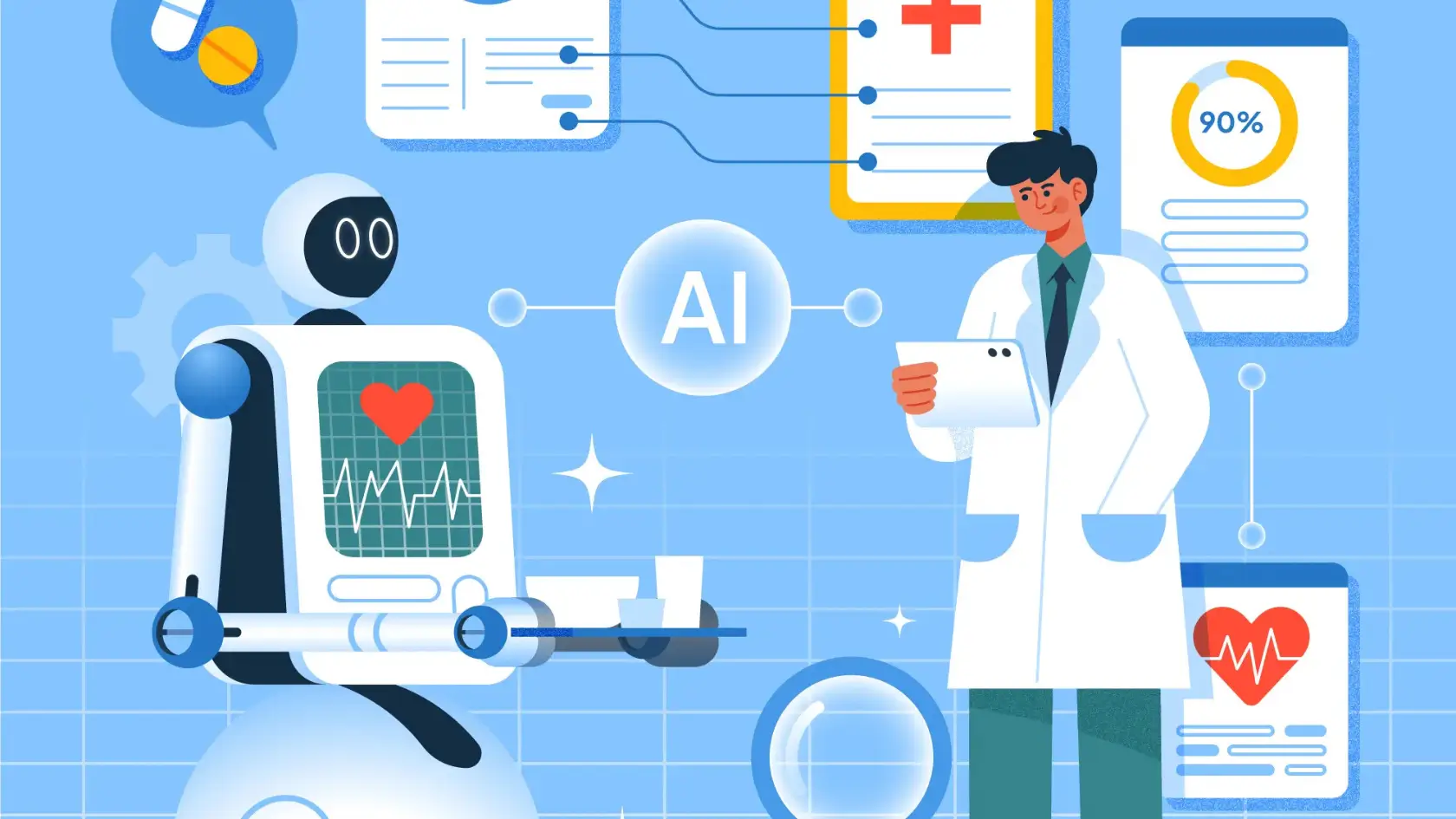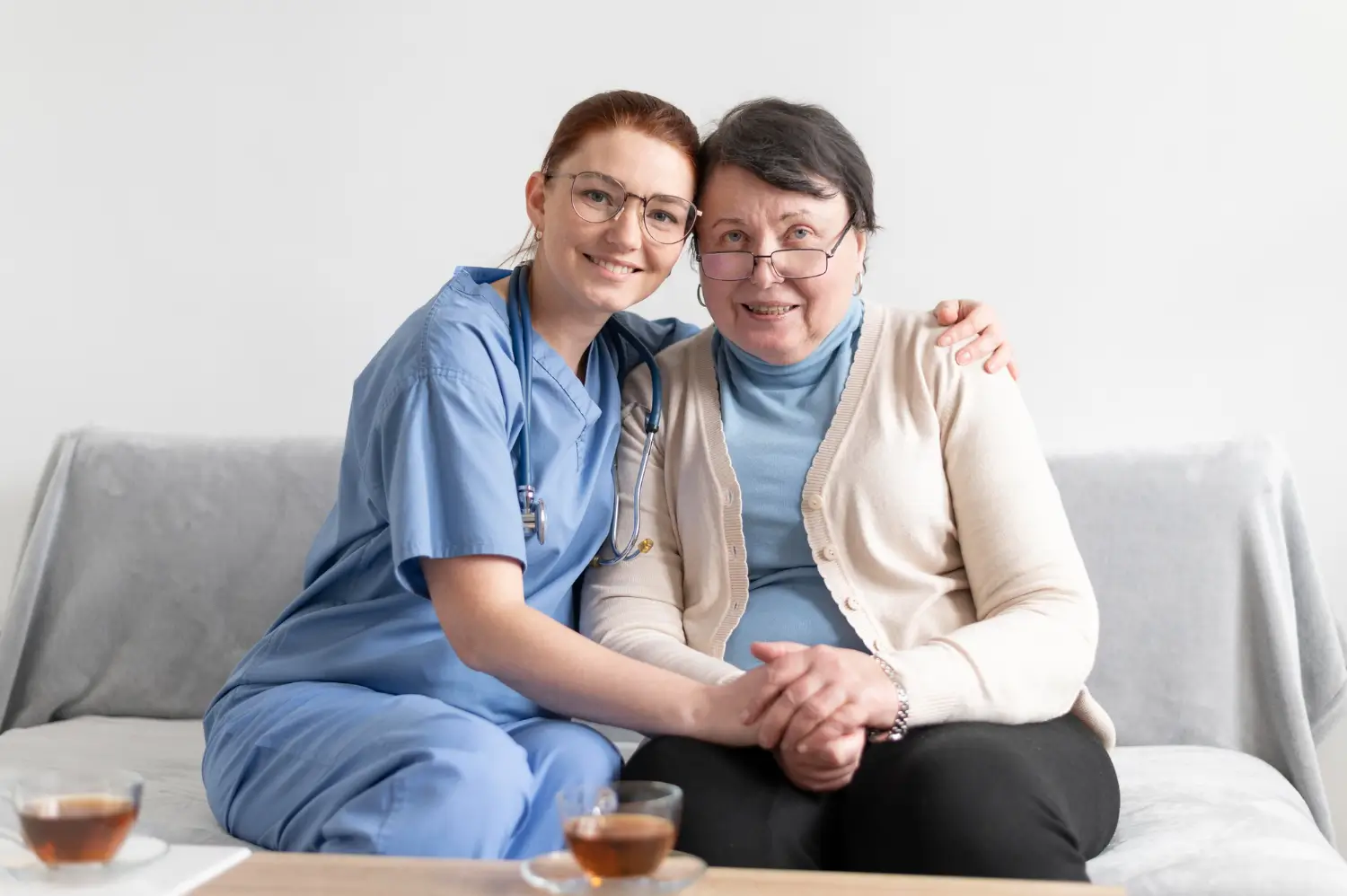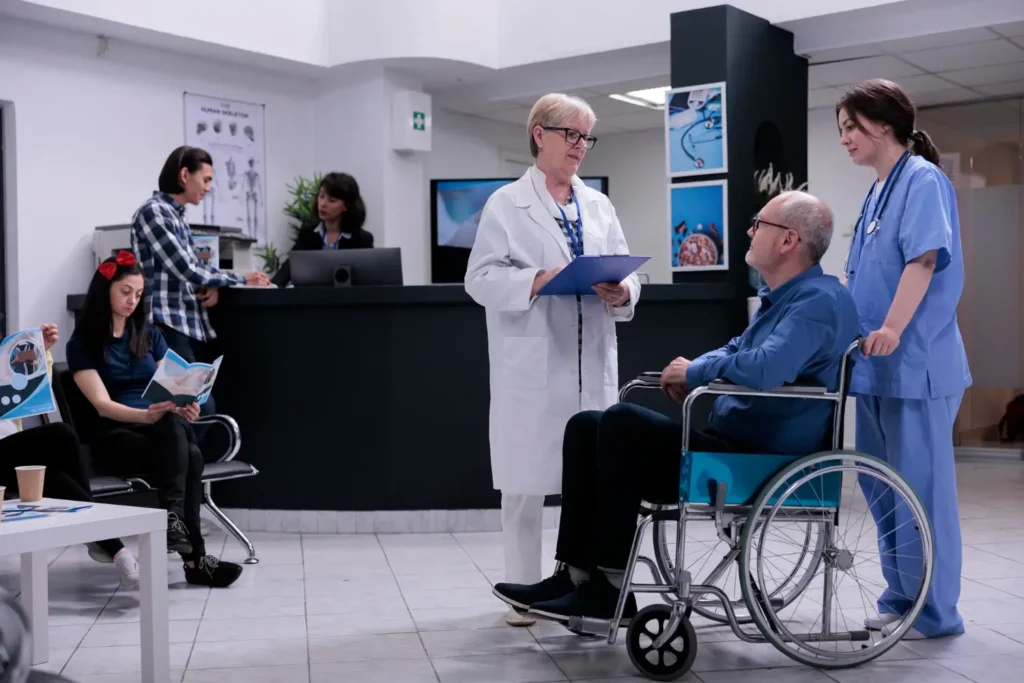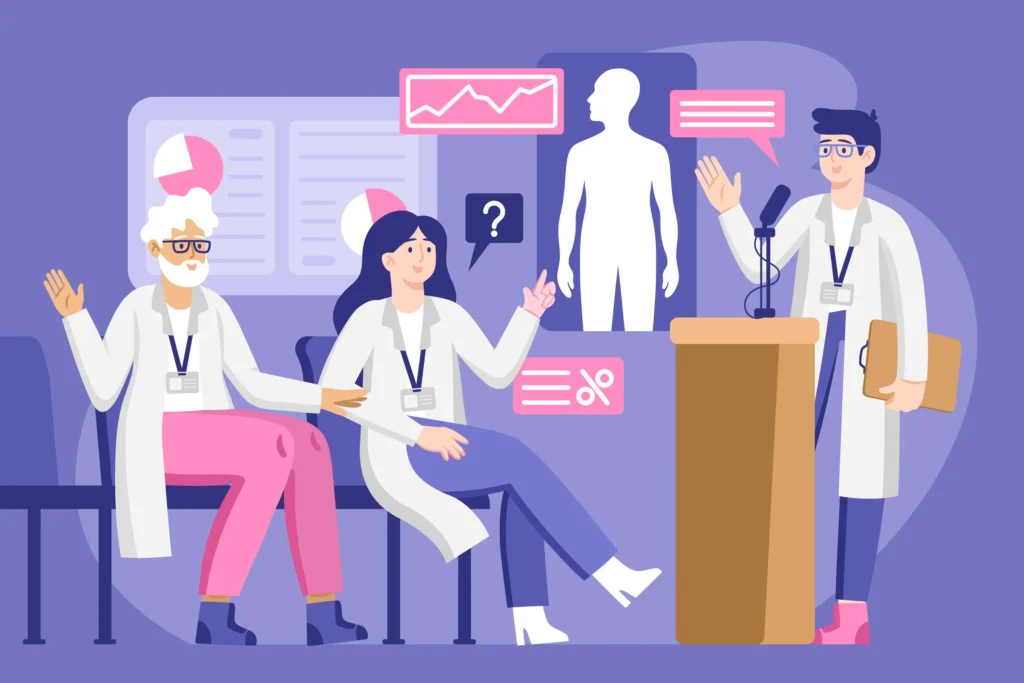Recent Blogs

How The UK’s Social Care System Supports People with Disabilities? A Comprehensive Insight!
Social support plays a very crucial role in supporting disabled people. It helps them to reduce psychological stress, boosts self-esteem, combats isolation, and improves mental health.

Health and Social Care Management vs Social Work: Key Differences
Healthcare is not a one-size-fits-all system, and neither is the way we care for individuals and communities. The fields of …

What Does a Level 5 Health and Social Care Qualification Cover?
Ever wondered how to truly impact lives and lead change in a vital sector? The UK’s health and social care …

Medical Terminology Every Care Worker Should Know
In a busy care home, a patient suddenly collapses. You need to act fast, but you realise you’re unsure of …

How to Set and Achieve Career Goals in Health and Social Care
Building a meaningful career in health and social care doesn’t happen by accident — it starts with clear goals. Yet …

The Importance of Soft Skills in Health and Social Care Training
Have you ever thought about how the way you interact with patients can shape their entire experience? In health and social care, soft skills like empathy, communication, and teamwork are...

Reasons to Switch to a Career in Social Care in 2025
Ready for a career that combines purpose with opportunity? Social care in 2025 is not just a job – it’s a chance to make a real difference while enjoying flexibility,...

How AI and Technology Are Reshaping Health and Social Care Education
What if you could practise surgeries in a virtual world before ever touching a patient? How is AI changing the way healthcare professionals are trained? From AI to VR, health...

How to Become a Senior Carer with a Level 3 Diploma
Want to lead a team and make a real impact in the world of care? Becoming a Senior Carer with a Level 3 Diploma could be the life-changing step you’re...

Top Employers Hiring Health and Social Care Diploma Holders in the UK
Got a Health and Social Care Diploma? The UK is calling for your skills! From the NHS to private care homes, thousands of employers are ready to hire — and...

What Is Partnership Working In Health And Social Care?
Great care doesn’t happen in isolation—it’s built through teamwork. Partnership working in health and social care brings together doctors, nurses, social workers, community groups, and most importantly, you. It’s how...

Professional Boundaries in Health-Care Relationships
Struggling with balancing care and professionalism? Discover why maintaining clear boundaries is crucial for trust, ethical care, and personal well-being. This blog reveals common pitfalls, practical tips, and why boundaries...

What Is PIES In Health And Social Care And Why It Matters?
Want to know how health and social care professionals support every aspect of a person’s well-being? The PIES model—Physical, Intellectual, Emotional, and Social—addresses all areas of care, ensuring a more...

What Is Informal Care In Health And Social Care?
Behind every strong health and social care system is something often overlooked—informal care. It’s the quiet, unpaid support given by people like you and me, helping loved ones live with...

How to Write Assignments for Health and Social Care Courses
Struggling to write your Health and Social Care assignments? You’re not alone—and the good news is, it doesn’t have to be stressful. Whether you're juggling online classes or returning to...

Best Job-Oriented Health and Social Care Courses You Can Do Online
Looking to build a meaningful career in health and social care—without stepping into a classroom? Online, job-ready courses are helping thousands gain real qualifications from home and land roles that...

Health and Social Care Level 3 Online Course with Certificate – What to Expect
Thinking about a career in care—or ready to level up your skills? The Health and Social Care Level 3 Online Course with Certificate could be your next smart move. This...





